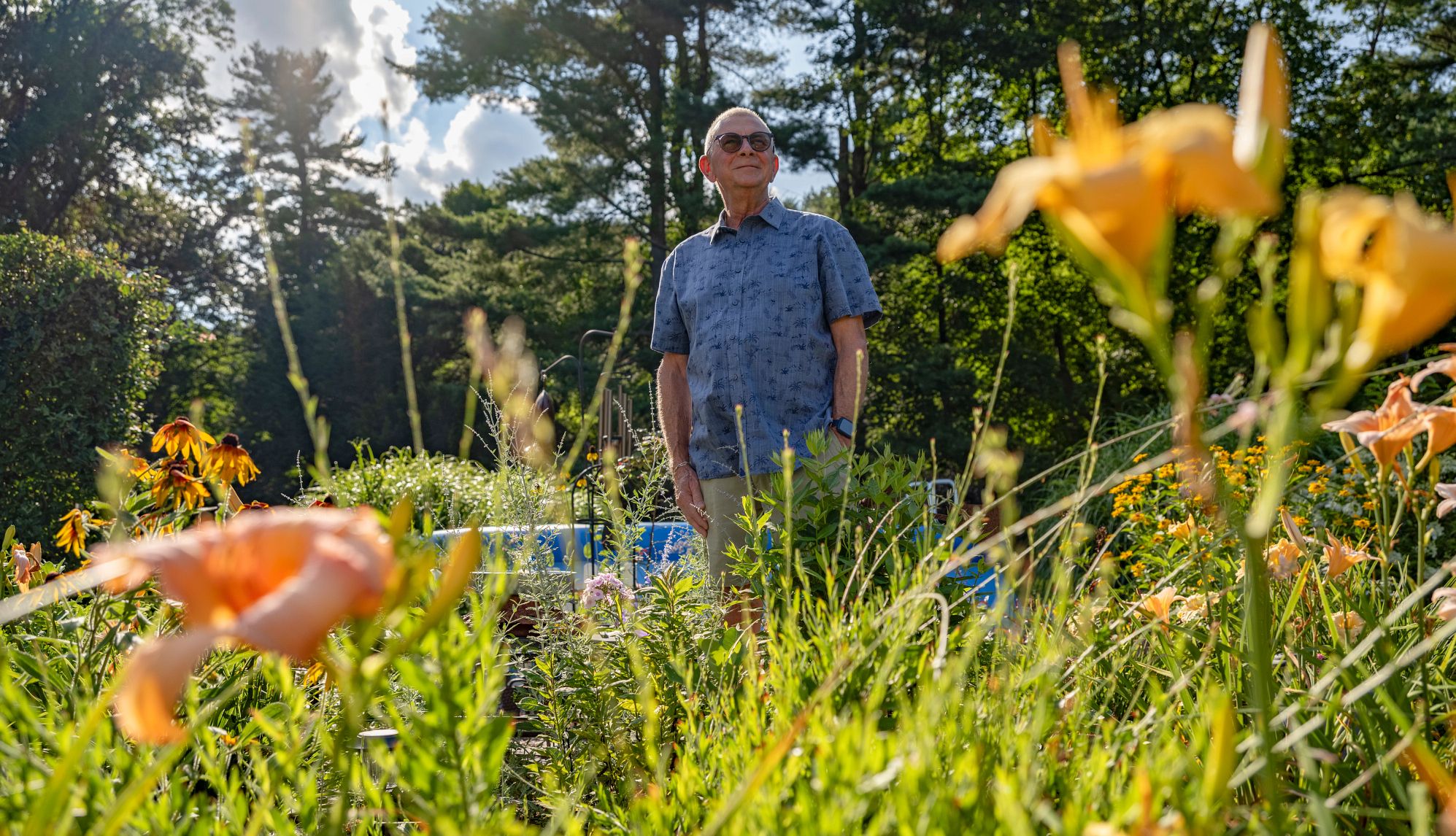AARP Hearing Center


Rick Hanson was already a prolific volunteer when he retired three years ago. After a 50-year career in catering, conference and convention management, and customer service, he’d planned to donate even more of his time.
Hanson, 72, wanted to do something to help people directly, and on his own terms. For example, he became a certified master gardener, which in his home state of Connecticut requires at least 20 hours a year of volunteer service in community gardens and state extension offices.
He also got more involved at his church. He volunteered as a worship assistant, then agreed to serve on the church council, then became its vice chair. He was tapped to serve on another church committee and, drawing on his professional background, renewed a food-safety certification to lighten the load of a fellow volunteer in managing events. This was on top of his longtime commitment to coordinating the local Alcoholics Anonymous group he had started.
He added even more volunteer tasks after a foot injury in September 2024 took thrice-weekly pickleball games with his wife, Jane, out of his schedule. Before he knew it, volunteering was swallowing up his days. “If I have three different commitments on the same day, it kind of precludes doing much else,” he says. “I guess I didn’t really have a plan.”


What’s Your Biggest Retirement Mistake?
Retirement isn’t just about leaving a job. It's about changing your life — your routine, your budget, your priorities, where you live. It's decision after decision, and you don't always make the right one. Is there something you wish you’d done differently?
AARP Members Edition wants to hear about your retirement regrets. A mistimed exit from the office? A move to the wrong place? A relationship you gave up? Spending too much, or too little? Share your story at retirement@aarp.org and we might feature it in this series.
Hanson now understands he was spreading himself too thin. “It’s a phenomenon you see in almost every church,” he says. “They keep going to the same people over and over.”
His own personality contributed to the dynamic, he adds: “Someone says there’s a need and my hand automatically goes up.”
But while he was committed to volunteering, Hanson didn’t want it to interfere with his time with his family. He couldn’t keep up with the weeds in his own garden and had to hire another master gardener to help. He had less time for self-care. When his multiple commitments conflict, he says, “I start getting anxious because I’m not in control.”
Taking stock
Three years into retirement, “I am learning to say no,” Hanson says. “I don’t want to be involved in something just because there’s a perceived need. I like to be involved in things that utilize my skills and my passions.”
To set priorities, he conducted a purpose analysis, a familiar exercise from his time in the corporate world, including stints as a conference manager for a Fortune 500 company and director of customer success for an education tech firm. He asked himself how he wanted to spend this chapter of his life — what he wanted to keep and what he wanted to let go of.
“I have to remind myself I’m not the center of the universe. Sometimes I’m just a cog in the wheel,” he says. Rather than jumping into the kind of leadership roles that marked his career, Hanson now tries to empower others to grow and develop themselves, offering up his experience, expertise and support rather than trying to do it all himself. “Watching people grow from that is pretty amazing,” he says.



































































You Might Also Like
How I Learned to Want Less
Money won’t make us happy. But what if social connections don’t make us happy, either?
25 Great Ways to Have a Staycation
Why staycations are the smart (and surprisingly fun) choice for 50+ travelers
Retiring Before a Downturn Was a Big Mistake
Nine months after I left work, the stock market sank — and took my portfolio down with it